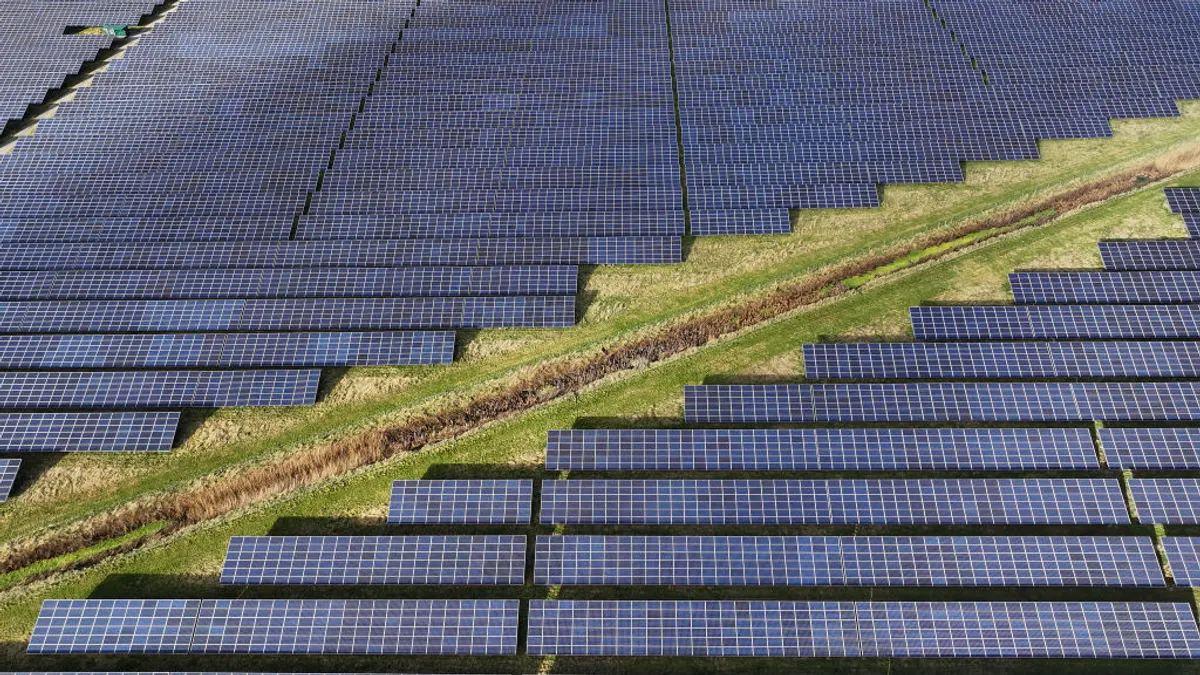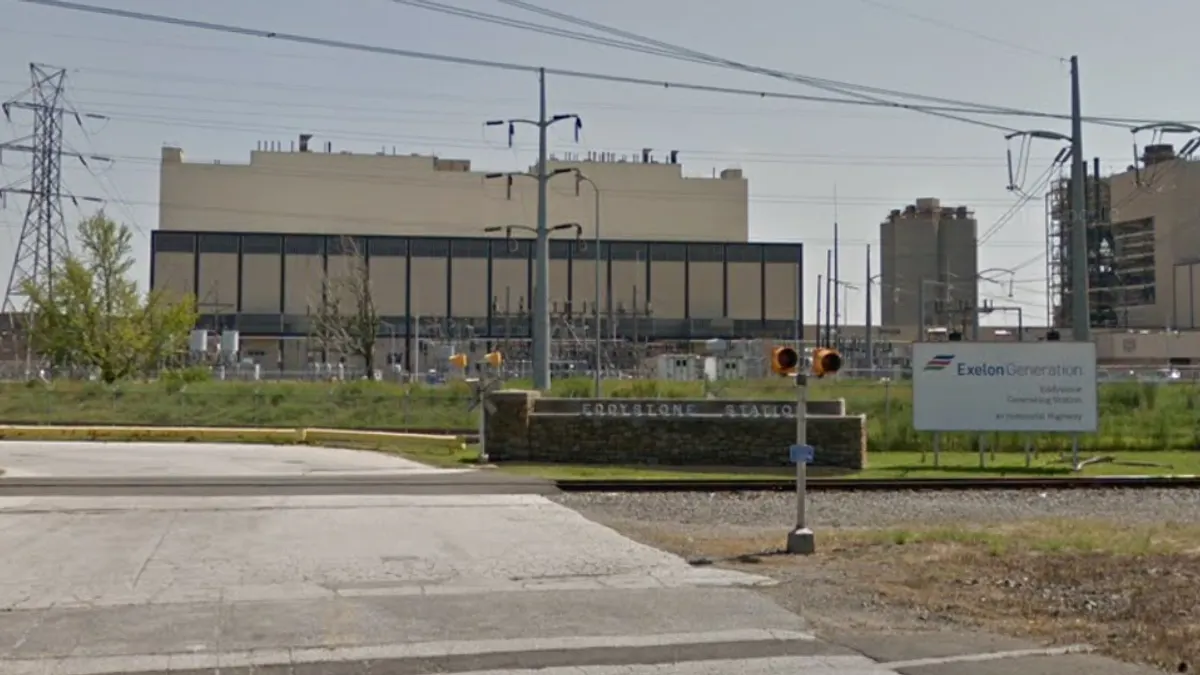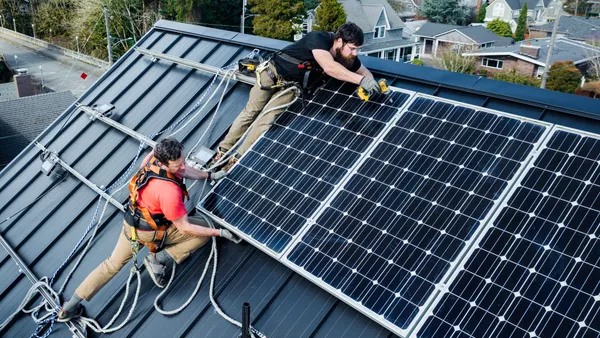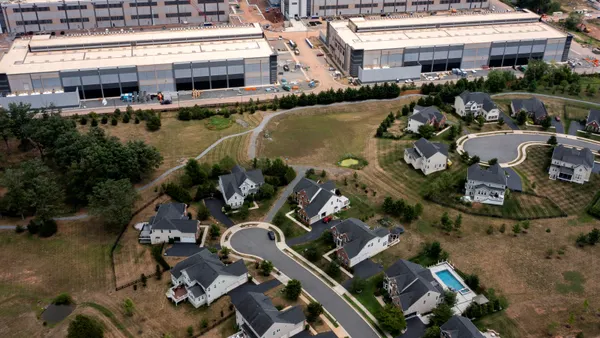Dive Brief:
- Massachusetts Attorney General Maura Healey (D) is reviewing a recent report from the Environmental Defense Fund that accused Eversource and Avangrid of artificially constraining capacity on the Algonquin pipeline, particularly on the coldest days.
- While not a formal investigation, a spokesperson for the AG's office said Healey considers the report "concerning" and requiring of "careful assessment and analysis." The office is currently reviewing the findings, after which it will take "appropriate action," which could include an investigation.
- The Federal Energy Regulatory Commission is also aware of the report, Chairman Neil Chatterjee said last week. But he declined to comment on how his agency views the findings. The utilities have called the report a "fabrication."
Dive Insight:
Published last Tuesday, the new EDF report found that local gas distribution utilities owned by Eversource and Avangrid regularly scheduled more gas than they needed, only to cancel some of the orders later in the day — too late for the pipeline space to be resold.
The effect was to tie up some of the Algonquin pipeline's capacity, researchers wrote, up to 7% on the most constrained days, translating into 28% of the gas that would have been used by power generators.
The practice pushed up power and gas prices. Over three years, researchers estimate consumers paid $3.6 billion more for electric power than they would have absent the practice.
Industry figures have called the report "irresponsible" and a "fabrication," saying that utilities have little incentive to constrain pipeline flows and that they often over-schedule capacity at the beginning of the day to ensure they have ample fuel supply in the face of uncertain weather conditions.
"When weather predictions are uncertain, as they often are in New England, it is common sense to err on the side of caution in reserving gas supply and to have a safety margin or cushion to cover unexpected operational issues," Northeast Gas Association CEO Tom Kiley wrote in a Utility Dive guest post. "That is what Avangrid and Eversource did."
But Healey, a frequent critic of utilities and pipeline expansion, appears to be taking the report seriously.
“The allegations in the report are concerning and require careful assessment and analysis," an AG spokesperson wrote in an email. "We are reviewing the report and gathering additional information. Based on our review, we will take appropriate action.”
Pipeline battles are not new to the AG. In 2015, her office published a report questioning the need for new pipeline capacity, and she is currently pushing Eversource to roll back its rate increase request in front of the Department of Public Utilities.
In Massachusetts, the attorney general acts as the ratepayer advocate for rate-setting proceedings.
While Healey's review of the EDF report is not yet a full investigation, the AG could open one if her office feels it is necessary. That could spell trouble for Eversource and Avangrid in Massachusetts, but former state regulators told Utility Dive when the report was released that the deeper market issues would likely require federal intervention.
“If it is accurate, [the report] suggests the need for some further attention to gas and electric issues with complicated utility holding structures where different parts of the company can make money in ways that are very non-transparent to the public and to the regulators at the state and federal level,” said former Maine regulator David Littell, now a principal at the Regulatory Assistance Project. “Tracking the money and the gains across those [utility subsidiaries] is something that [FERC] can do, but something that state regulators are not equipped to do at all.”












